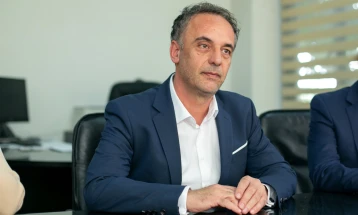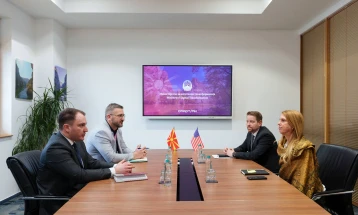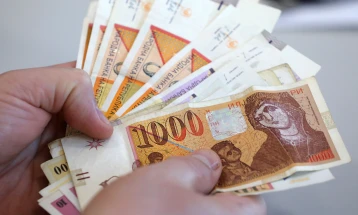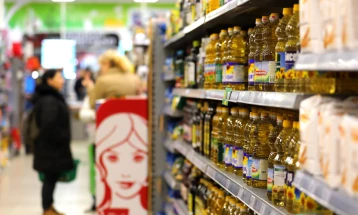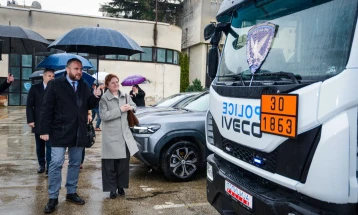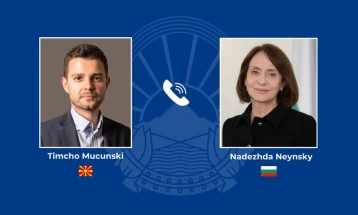Carovska expects gov’t to decide in favor of students returning to classrooms
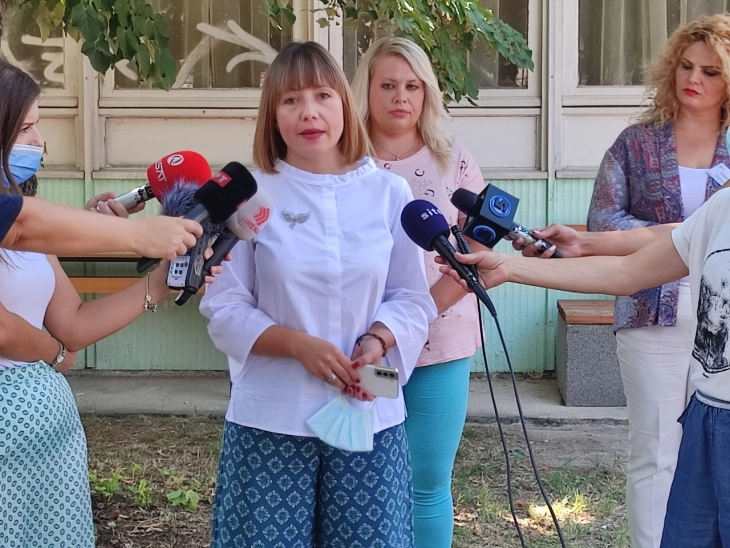
Skopje, 17 August 2021 (MIA) – Education Minister Mila Carovska expects the government to decide during its session on Tuesday in favor of students returning to classrooms in the 2021/22 school year, in line with the recommendation of the Main Crisis HQ which said after a meeting on Monday that schools can reopen.
That means that elementary school students in grades one through nine will return to classrooms, as opposed to last year, when only those up to grade three and those in rural areas were attending in-person classes, while others studied online.
Chronically ill pupils and those with chronically ill relatives will be exempted from attending school in person. Students who are self-isolating will be able to attend classes remotely.
“Last year we proved that we can have a successful school year online, but nothing can compare to in-person classes, as mental health and socialization are part of the learning process. Schools are ready, there are protocols and there were no incident related to internal spread of the virus when smaller schools reopened last year. Therefore, the Crisis HQ made its recommendation in the best interest of students and I expect the government to confirm it at today’s session,” Carovska told reporters.
She expressed expectations that classes will take place without any issues. Health protocols and immunization of school workers will prevent the virus from spreading.
According to Carovska, over 62% of them have been vaccinated, which is double the national vaccination average.
“I’ll be satisfied if we reach 80%. Teachers are coming back from vacation and I’m sure there’ll be another major vaccination drive by September 1,” Carovska stressed.
The Minister underlined that stakeholders are monitoring recommendations from the Commission for Infectious Diseases. In case the epidemiological situation deteriorates and risk increases, the Education Ministry has prepared two other scenarios, which it presented last month – distance learning and a blended model.
Epidemiologists, she added, will determine whether some pupil(s) or the whole class will be put in isolation.
“We proved last year that this model works, as there were no cases of internal transmission registered at schools. Therefore, I expect the same model to work this year as well,” Carovska noted, underlining that success will depend on mass vaccination and respect for protocols.
I don’t think students will have trouble wearing face masks in class, she added, because even younger pupils got used to wearing them very quickly last year.
“Students will wear masks in class, but have five minute breaks between classes to take them off and then put them on again. Last year proved that this is doable and that they get used to protocols much more quickly than adults,” said Minister Carovska.


